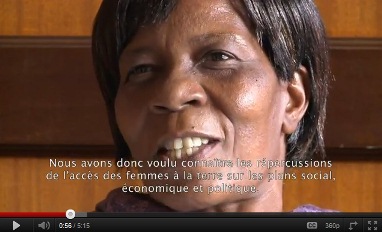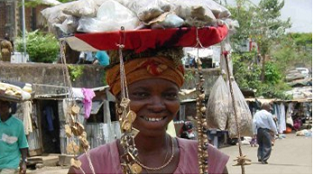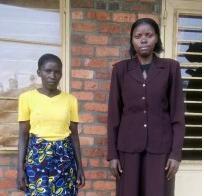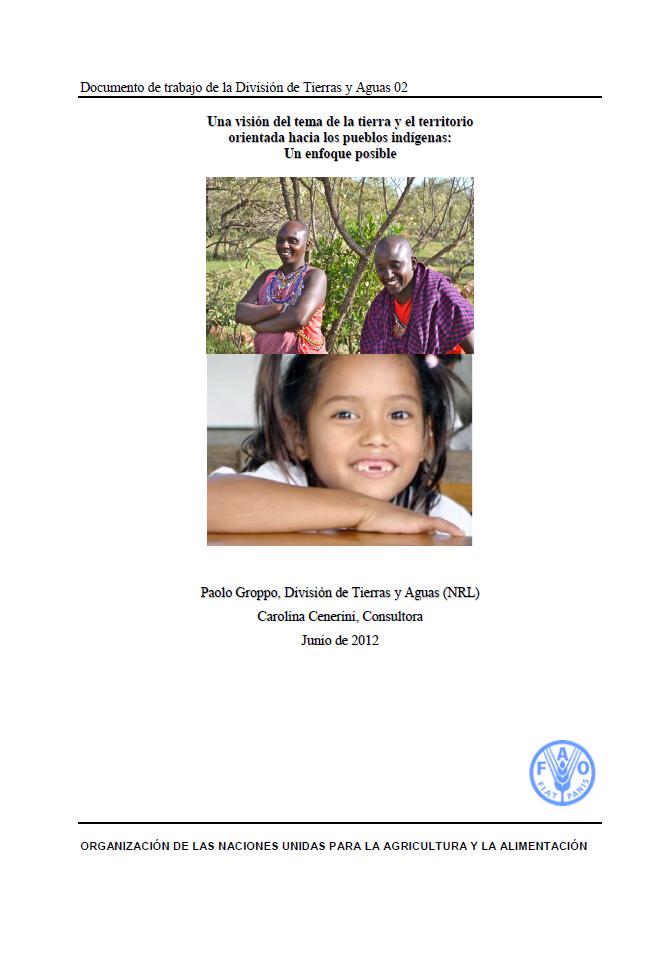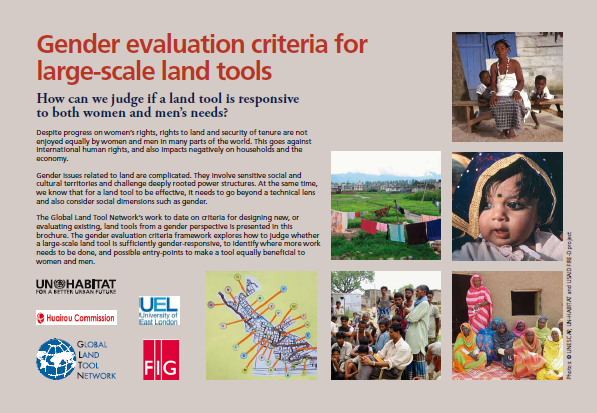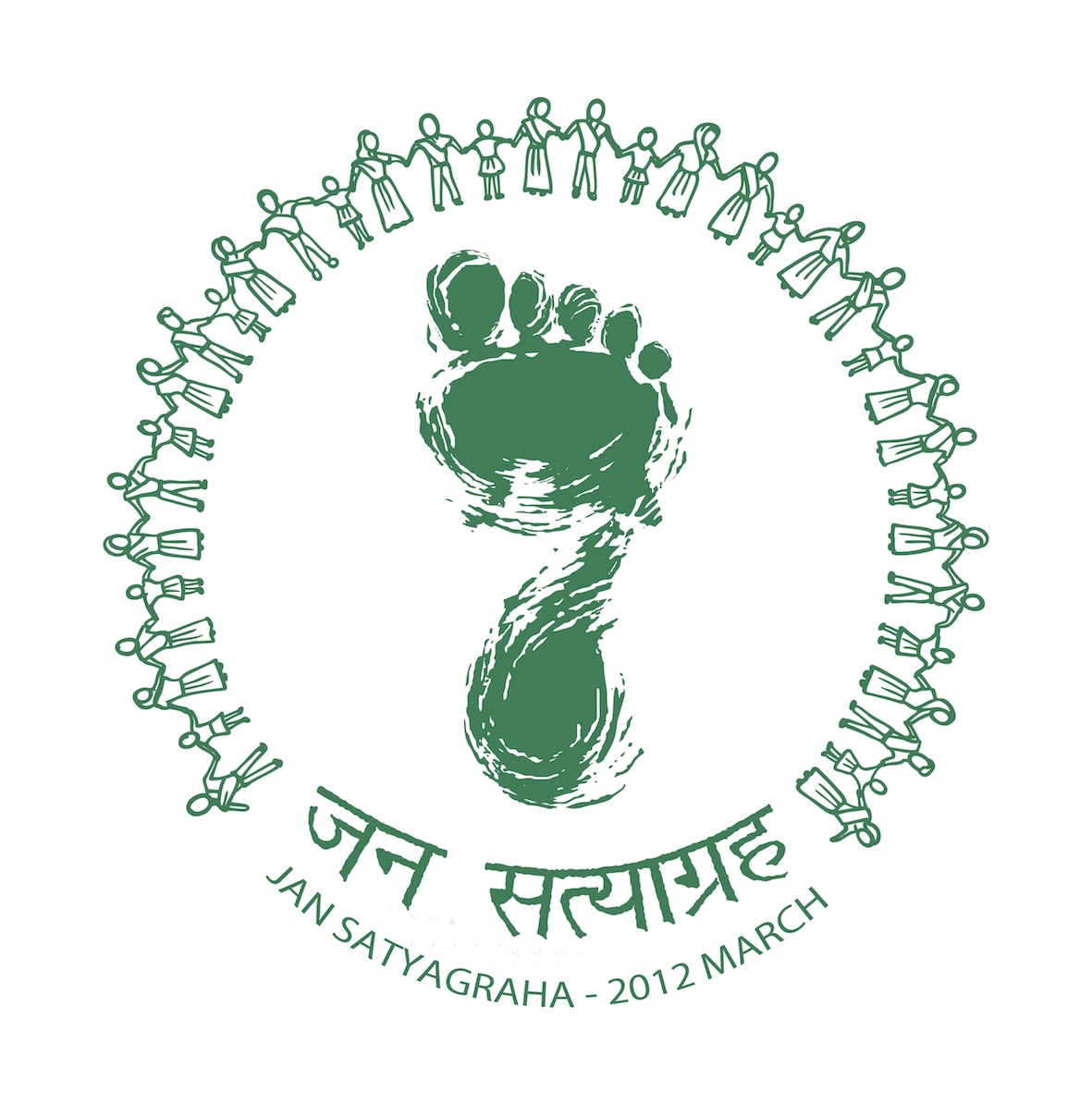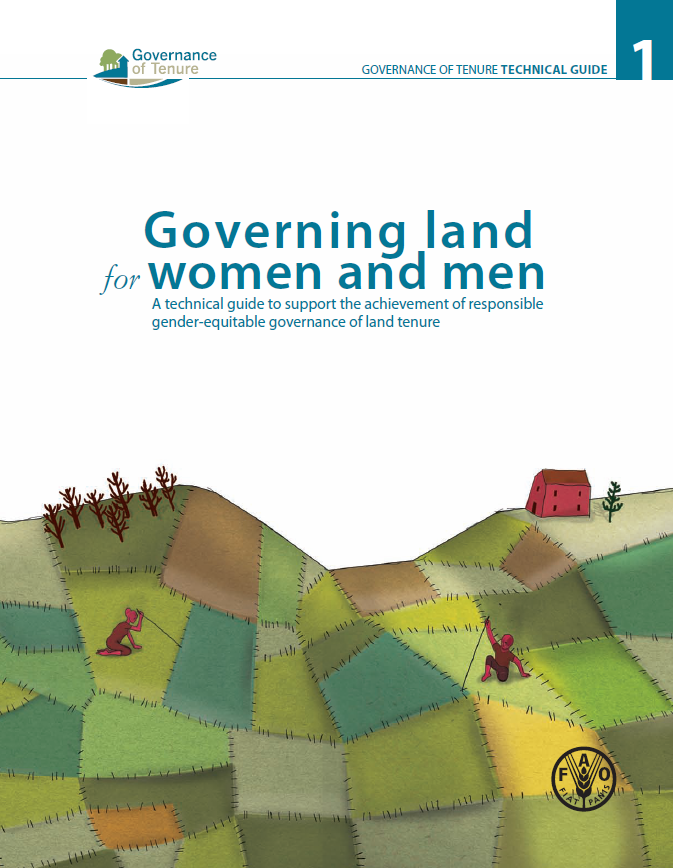Research on land markets in South Asia : what have we learned?
The authors review the literature on land markets in South Asia to clarify what's known and to highlight unresolved issues. They report that: (1) We have a good understanding of why sharecropping persists and why it can be superior to other standard agricultural contracts. We have less understanding of what determines the relative efficiency of sharecropping in different environments and why other apparently superior contractual relationships are rare.


